SCIENCE PROGRAMME
The HMS Beagle Project science programme delivers academic research activities that help us understand our planet’s environment and how it is changing.
Built around the core themes of biodiversity and climate change, our ship- and land-based projects are selected through a competitive, peer-reviewed process. We work to further scientific understanding, and also to generate opportunities for public engagement and learning programmes.

ATMOSPHERIC SCIENCE
Atmospheric science is the study of the atmosphere and its processes. Understanding atmospheric processes is a key part of determining how both marine- and land-based ecosystems function and is vital for short- and long-term monitoring of weather and climate, as well as weather forecasting and projections of climate change. It is also important for studying the transport and role of pollutants in the atmosphere, and their impact on human health and the environment. On her voyages, the new Beagle will make meteorological measurements and observations, as did HMS Beagle, and conduct atmospheric sampling programmes — all of which will contribute valuable data to the field.
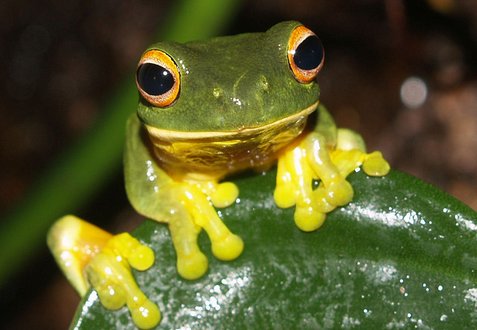
Biodiversity
Biodiversity is the astonishing variety of living organisms with which we share planet Earth. They provide us with food, shelter, medicines and materials, stabilise the soil, clean the air and water, and, of course, they are a source of wonder and enjoyment. As Darwin demonstrated, all organisms alive today are related by descent. The HMS Beagle Project shares his view that “there is a grandeur in this view of life,” and we intend to follow in his footsteps, using the new Beagle as a platform for cutting-edge biodiversity research.
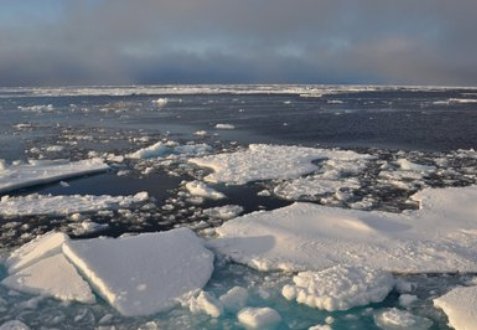
Climate Change
Climate change refers to long-term changes in average weather patterns caused by human activities. Human-made climate change is caused by an increase in greenhouse gases in the atmosphere, in particular, carbon dioxide. The impacts of climate change include an increase in average temperatures, more frequent and severe heatwaves and storms, increased droughts and flooding, melting of ice sheets and glaciers, rising sea levels and ocean acidification. These impacts will have profound effects on the environment with implications for all forms of life. As part of the legacy of HMS Beagle, the HMS Beagle Project will conduct cutting-edge research to support climate change predictions, and inform policy, future research and education.
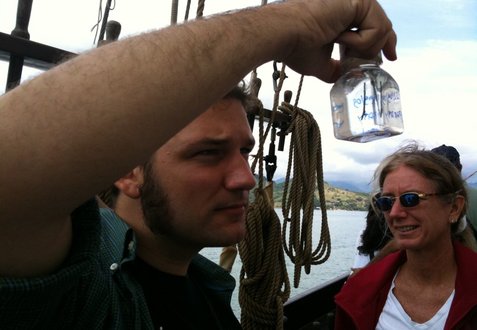
Darwin and the Adventure
Two hundred years after Charles Darwin’s birth, The HMS Beagle Project coordinated a major collaborative celebration of the scientist’s life and work in Paraty, Brazil.
Supported by a British Council Darwin Now Network grant, marine research scientists from South America, the USA and the UK collaborated with representatives from the HMS Beagle Project and NASA as well as 60 local schoolchildren, to participate in a scientific workshop and two scientific voyages aboard a sailing vessel.
Download the Darwin and the Adventure project report.

Ecology
Ecology, or environmental biology, is study of the distribution and abundance of organisms, their interactions and relationships with each other and their environment, and the structure and function of ecosystems. Understanding ecology is a key part of determining how both marine- and land-based ecosystems function and is vital for resource management and the prediction of human impacts on the environment. Darwin made a number of ecological observations during his voyage with HMS Beagle. The new Beagle will be used as a platform for both land- and ship-based ecological studies, with a particular focus on the impacts of climate change and biodiversity loss.
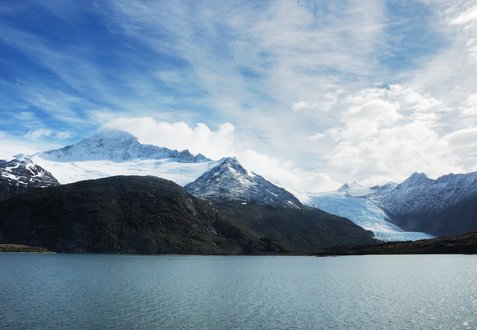
Geology
Geology is the scientific study of the structure, composition, origins and history of the earth, and the processes that shape it. It provides evidence for the evolutionary history of life and past climates, and is important for understanding the natural hazards associated with plate tectonics and their impact on human populations and the environment. During the second voyage of HMS Beagle, Darwin collected evidence of geological processes, witnessed earthquakes and volcanoes, and formulated the theory of coral reef formation. The HMS Beagle Project will follow in Darwin’s footsteps, conducting modern geological research to provide insights into past and future climate and evolutionary processes.
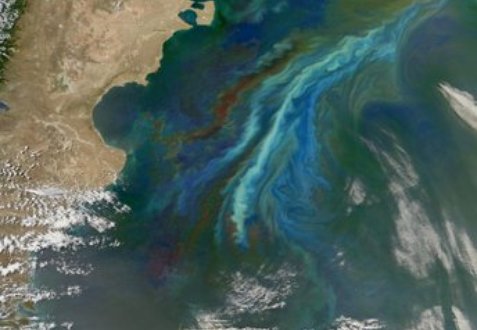
Ocean Science
Ocean science, or oceanography, is the study of the world ocean and its processes. It covers a wide range of disciplines, including chemistry, biology, physics, geology and ecology. The ocean is a vital resource: it provides food, medicines, employment and transport, helps to regulate climate, and supports recreation and tourism. About 70% of the Earth is covered in water, yet less than 10% of the world ocean has been explored. The new Beagle will have an oceanography research programme onboard, gathering scientific data across the oceans and seas in which it travels, with a particular focus on climate change and its impacts.
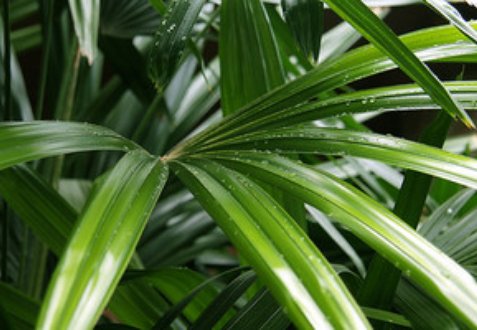
Plant Science
Plant science, or botany, is the study of plants, fungi and algae, and their structure, functions and processes. Plants are the foundation of most of the world’s ecosystems and are a vital resource. hey provide us with food and drink, oxygen, shelter, fuel, medicines and materials; help to regulate climate, clean the air and water, and stabilise soils; and are a key part of the world’s natural scenic beauty. About 20% of known plant species are threatened with extinction. The new Beagle will provide opportunities for studying and collecting plants, as the original did for Darwin.
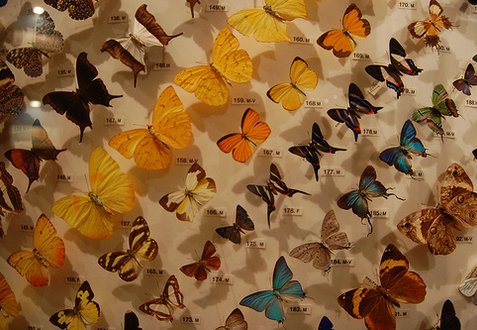
Taxonomy and DNA Barcoding
Taxonomy is the science of defining and describing species. There are approximately 1.8 million species known to modern science, some of which were discovered by Darwin and his taxonomist collaborators during and after his voyage on HMS Beagle. Despite centuries of effort, however, we have only scratched the surface; there are probably at least 10 million more species to be discovered. The new Beagle will, like her namesake, provide opportunities for collecting specimens – the raw material of taxonomy – in the search for new species. All specimens collected as part of The HMS Beagle Project will have a small region of their DNA sequenced for ‘DNA barcoding’, an international effort to create a resource for identifying unknown specimens (or fragments of specimens).

